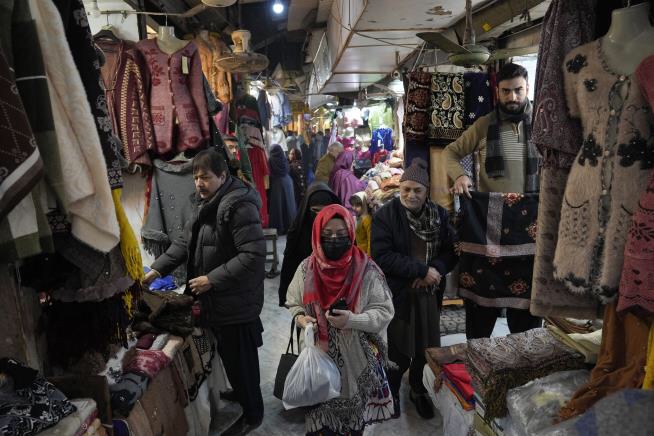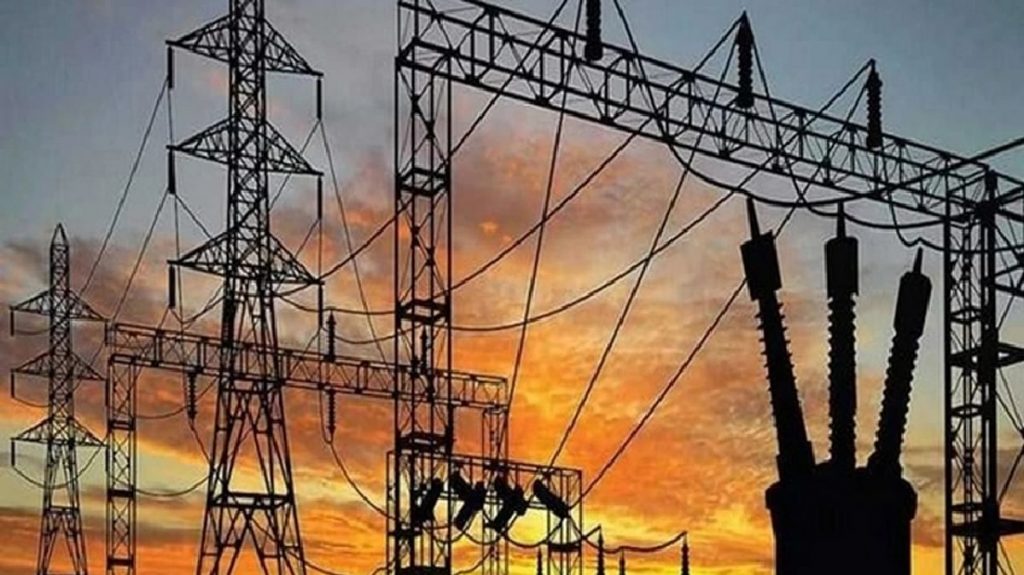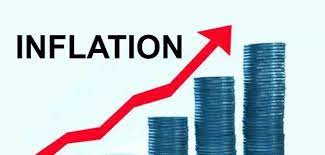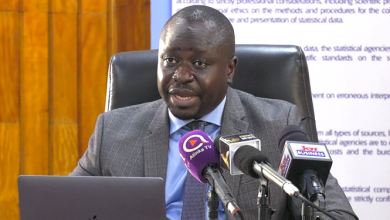
As Pakistan struggles with a devastating power and economic crisis, the Pakistani
government has ordered measures to conserve electricity, including closing all malls and markets by 8:30pm (15:30 GMT).
According to Defence Minister Khawaja Asif, the measures authorized by the cabinet are anticipated to save the country 62 billion pakistani rupees ($273 million).
Pakistan is in a financial bind because funds that were supposed to arrive through an International Monetary Fund (IMF) program have been delayed. Its foreign exchange reserves now barely cover a month of imports, most of which are for energy purchases.
The defense minister announced further restrictions that will go into place immediately, including closing restaurants and wedding venues by 10 p.m. (17:00 GMT). He claimed that although certain market representatives had advocated for longer hours, the government had determined that an earlier close was necessary.

Khawaja Asif added that Shehbaz Sharif, the prime minister, had directed all government agencies to cut their use of electricity by 30%.
The actions are being taken as Pakistan tries to allay worries of a default following the IMF funding delay of $1.1 billion.
Other critical international financing is linked to the IMF programme, which means the South Asian nation of 220 million people will be hard-pressed to meet its external financing needs.
Khawaja Asif stated that the energy saving plan also bans the manufacture of inefficient light bulbs beginning in February and fans beginning in July.
According to him, the use of fans during hotter weather was a major factor in Pakistan’s peak summer electricity consumption, which was 29,000 megawatts (MW) as opposed to 12,000 MW in the winter.
The majority of Pakistan’s electricity is generated by imported fossil fuels, such as liquefied natural gas, of which costs have increased dramatically recently.

The government has made an effort to stabilize the economy by limiting imports and the long-term high inflation rate. While consumer prices increased 25% from July 1 to December 31, a rapidly appreciating currency has increased the cost of imports.
More than a third of Pakistan was swamped by devastating floods last year, which left a path of widespread destruction and significant financial losses with which Pakistan is still recovering from.
Author-Roberta Appiah





